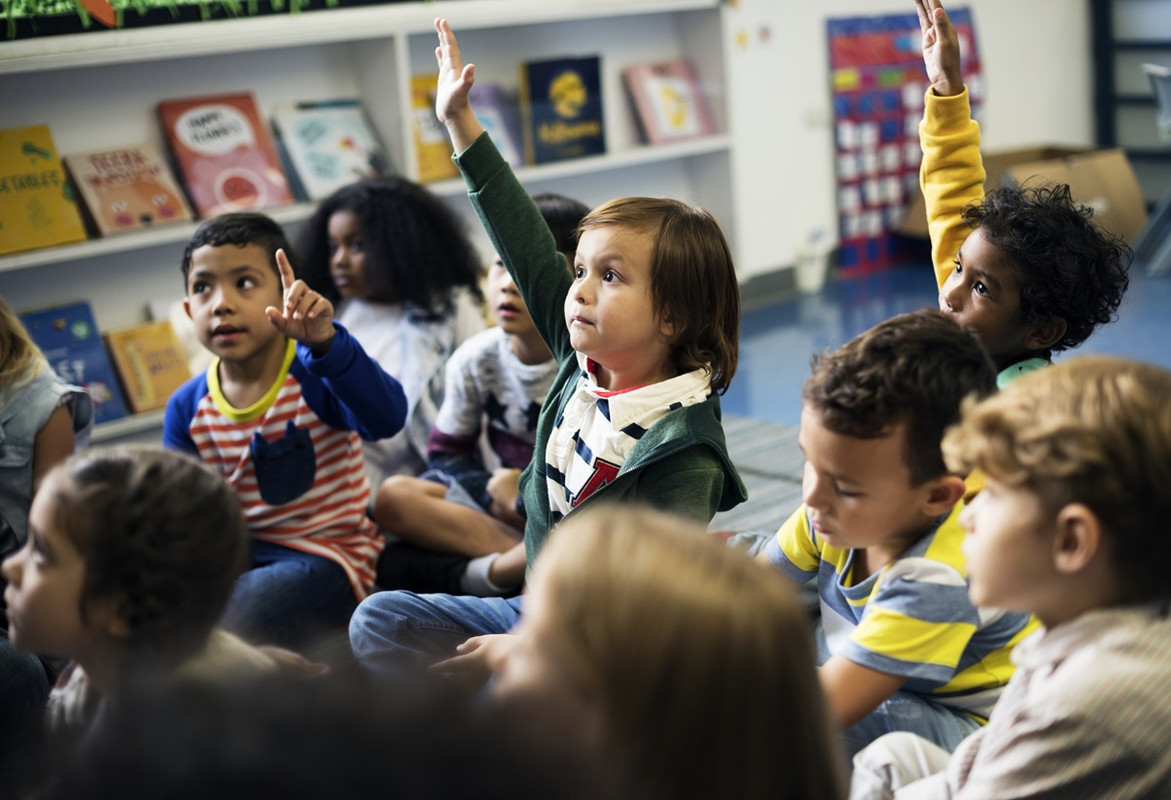The first day of kindergarten represents a significant leap in a child’s life – but have you ever wondered what plays the pivotal role in ensuring these tiny tots thrive, not just academically, but emotionally and socially as well? It’s a concept that has subtly maneuvered its way into the education system, yet it steers the little lives in a remarkable way. Yes, it’s the notion of Social-Emotional Learning or SEL.
In the simplest terms, SEL is a process that inculcates skills for life effectiveness. It teaches kids to understand and manage emotions, exhibit empathy, establish healthy relationships, make responsible decisions, and more. But, is this profound concept limited to just teaching children about identifying their emotions or is there more to the story?
Dive into this exploration of the importance of SEL in kindergarten not just from an academic standpoint, but for overall character development, emotional well-being, and social integration. Let’s unfold together the importance of radiating this idea in the youngest minds, the future torchbearers of our society.
The Real Essence of SEL
Why should Kindergartner be introduced to SEL at such an early stage? The answer hinges on the age-old saying – ‘catch them young’. SEL aims to foster essential life skills that shape a child’s overall development. By embedding SEL in the curriculum, we’re not only producing academically sound individuals, we’re cultivating compassionate, aware, and emotionally resilient beings.
SEL isn’t merely a concept, it’s a practice and a way of life incorporated in the learning process. It is the beginning of a child’s journey towards understanding and regulating their emotions, demonstrating empathy towards others, and developing effective interpersonal skills.
The Transformative Impact of SEL
SEL can bring about massive transformation in the way children perceive and react to their surroundings. It essentially works on shaping an emotionally healthier and intellectually sound future generation. It enhances emotional intelligence, boosting academic performance, and nurturing resilience and perseverance.
The Proactive Role of Schools and Parents
The onus of imparting SEL doesn’t solely fall upon the school educators, the parents play an equally proactive role. The social-emotional attributes learned at school need to be reinforced at home, thus making SEL a joint venture between the school and the parents.
The Pros and Cons of SEL
The benefits of SEL are multitudinous. It instills a deep sense of self-awareness, self-management, empathy, improved social interactions, and responsible decision-making skills. On the downside, implementing SEL thoroughly could be a challenging task due to differences in emotional maturity among kids.
The Future of SEL
Looking at how integral SEL has become, it’s safe to say that the future holds tremendous potential for this concept. It’s likely it will only become more inherent in our education curriculum and even stretch beyond kindergarten, becoming a lifelong process of learning.
Case Studies on SEL
Have you heard of the inspiring example of the school district in Illinois that sculpted their entire curriculum centered around SEL? The results were astonishing! Case studies like these stand testament to what effective implementation of SEL can yield.
Conclusion
In the grand landscape of education Kindergarten, Social-Emotional Learning is no longer viewed as a ‘nice to have’. It’s a ‘must-have’, shaping the holistic development of a child. It helps bridge the gap between textbook knowledge and real-life applications, fostering empathy, emotional resilience, healthy social interactions, and responsible decision-making. By integrating SEL into our education systems, we are taking a bold proactive step towards sculpting well-rounded individuals, who are not just academically proficient but emotionally insightful and socially adept too. Isn’t that what we envision for our future generation?




